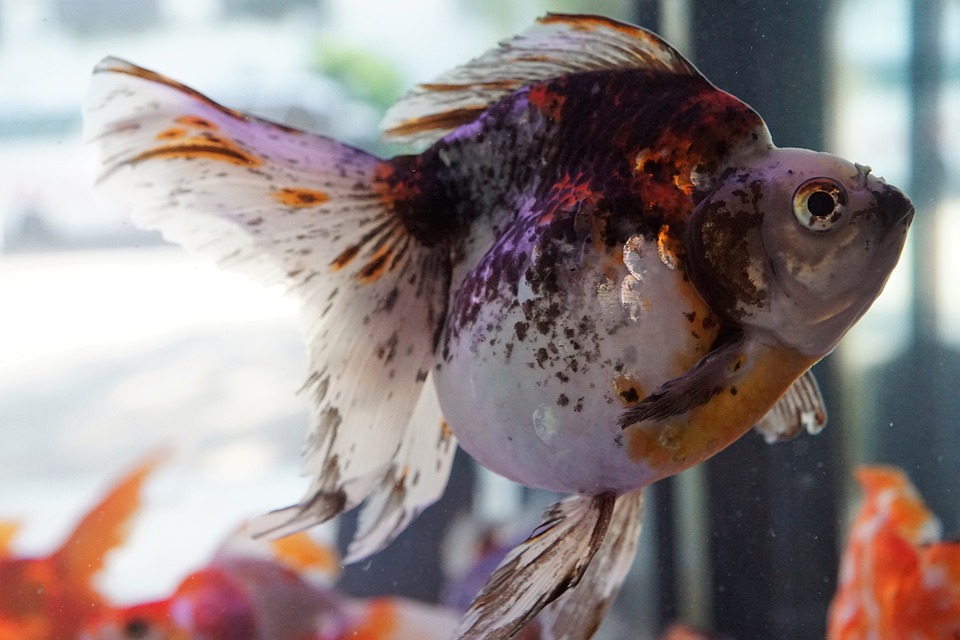Maintaining a healthy aquarium requires careful consideration of various factors, including fish species selection. Opting for disease-resistant fish species not only ensures a vibrant and thriving aquarium but also minimizes the risk of potential health issues. In this article, we will explore ten disease-resistant fish species that are ideal for your aquarium. Additionally, we will address common FAQs related to fish health and disease prevention.
Guppy (Poecilia reticulata):
Guppies are renowned for their resilience and adaptability. They possess a strong immune system, making them resistant to various diseases. These colorful fish are perfect for beginner aquarists due to their hardiness.
Swordtail (Xiphophorus hellerii):
Swordtails are robust fish known for their disease resistance. They can tolerate a wide range of water conditions, making them easy to care for. These active and sociable fish are a great addition to community aquariums.
Molly (Poecilia sphenops):
Mollies exhibit strong resistance to common aquarium diseases. They can adapt to various water conditions, including brackish water. Mollies are peaceful fish and thrive in community tanks.
Platies (Xiphophorus maculatus):
Platies are hardy and resistant to most common fish diseases. They come in a variety of vibrant colors, adding a splash of beauty to your aquarium. These peaceful fish are ideal for beginners and community tanks.
Betta Fish (Betta splendens):
Betta fish are known for their resistance to diseases when provided with optimal care. They possess a labyrinth organ, enabling them to breathe air, reducing their susceptibility to certain waterborne illnesses. Betta fish require proper maintenance and individual housing due to their territorial nature.
Zebra Danio (Danio rerio):
Zebra danios are highly adaptable and disease-resistant fish. They are active swimmers and prefer to be kept in groups. These small, striped fish are a popular choice for both beginner and experienced aquarists.
White Cloud Mountain Minnow (Tanichthys albonubes):
White Cloud Mountain Minnows are small, robust fish with excellent disease resistance. They can tolerate a wide range of water temperatures, making them versatile for different setups. These peaceful fish are perfect for both coldwater and tropical community aquariums.
Corydoras Catfish (Corydoras spp.):
Corydoras catfish are known for their hardiness and resistance to common fish diseases. They help keep the aquarium clean by scavenging leftover food and algae. These bottom-dwelling fish are best kept in groups and thrive in well-maintained tanks.
Cherry Barb (Puntius titteya):
Cherry barbs exhibit excellent disease resistance, making them low-maintenance fish. They thrive in slightly acidic water conditions and prefer a well-planted aquarium. These active and colorful fish are a great addition to community setups.
Neon Tetra (Paracheirodon innesi):
Neon tetras are popular for their striking colors and disease resistance. They are peaceful schooling fish that prefer to be kept in groups. These small, vibrant fish are best suited for well-established aquariums.
FAQs (Frequently Asked Questions):
Q1. How can I ensure optimal fish health in my aquarium?
A1. Maintaining a clean and well-balanced aquarium, regular water quality testing, providing a suitable diet, and avoiding overcrowding are key factors in ensuring optimal fish health.
Q2. Are disease-resistant fish completely immune to all illnesses?
A2. While disease-resistant fish are less susceptible to common ailments, they are not completely immune. Proper care, regular observation, and prompt action in case of any signs of illness are essential.
Q3. Can introducing new fish to an aquarium cause disease outbreaks?
A3. Introducing new fish without proper quarantine procedures can potentially introduce diseases to an established aquarium. Quarantining new fish before introducing them to the main tank helps prevent such outbreaks.
Q4. What are some common signs of fish diseases?
A4. Common signs of fish diseases include changes in behavior, loss of appetite, abnormal swimming patterns, visible physical abnormalities, and lethargy. Regular observation of your fish will help detect any potential health issues.
Q5. Is it possible to treat fish diseases without medication?
A5. Mild cases of fish diseases can sometimes be resolved through improvements in water quality, diet, and environmental conditions. However, in more severe cases, prompt treatment with appropriate medications may be necessary.
Conclusion:
By selecting disease-resistant fish species for your aquarium, you significantly reduce the risk of potential health issues, ensuring a thriving aquatic environment. Remember to provide optimal care, maintain a clean aquarium, and promptly address any signs of illness to ensure the long-term health and happiness of your fish.









